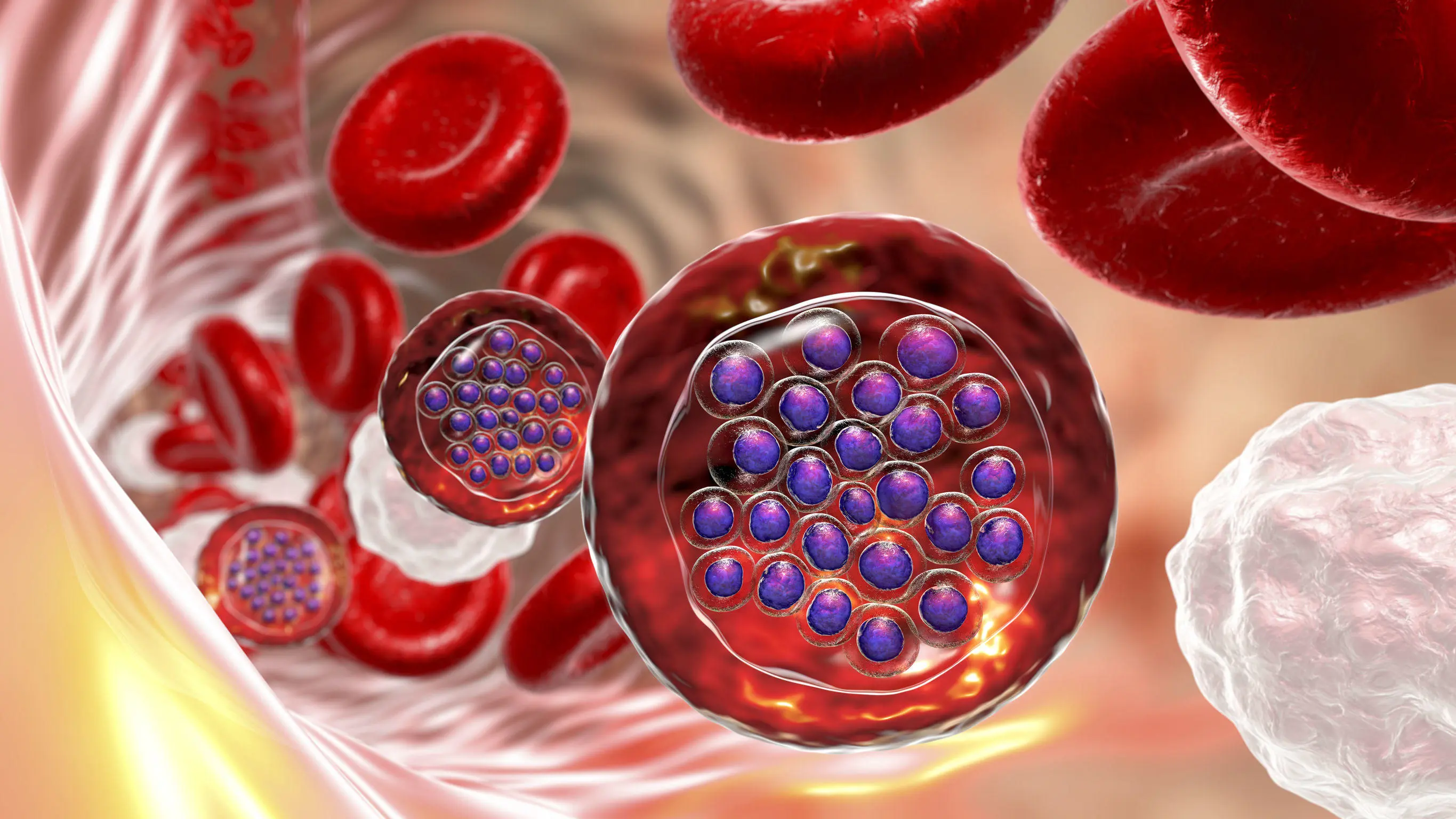University part of National Institute of Health USA international project
A University of Central Lancashire (UCLan) professor has received funding from the National Institute of Health in the USA for an international project researching new treatments for malaria.
Professor Kamalinder Singh, from the School of Pharmacy and Biomedical Sciences, is collaborating with the La Jolla Infectious Disease Institute in San Diego on a $468,500 two-year project into treatments for cerebral malaria, the most severe neurological complication of the disease that can lead to brain damage.
The two-year investigation will evaluate a potentially useful complementary treatment for cerebral malaria, a disease which is responsible for most of the 400,000 deaths a year attributed to falciparum malaria, the most dangerous type of the disease caused by the parasite Plasmodium falciparum and for which no additive treatment for protection against neurological impairment exists.
Working with Professor Van der Hyde from La Jolla, the researchers will focus on how chemotherapy and adjunct nanoparticle-based therapy can kill the parasite and protect the brain from damage at the same time in cerebral malaria. Adjunct therapy will complement primary therapy to improve patient outcomes.
"Through this project we aim to develop a new combinatory approach using nanoparticle based adjunctive therapy to complement the primary antimalarial chemotherapy treatment. The adjunctive therapy, will protect against neuronal dysfunction and death, while the chemotherapy kills the malaria parasite."
— UCLan Professor of Pharmaceutical Technology and Drug Delivery Kamalinder Singh
Professor Singh said: “Cerebral malaria is the most severe neurological complication of infection caused by malarial parasite Plasmodium falciparum. Mortality is high even after adequate anti-parasite chemotherapy, and some surviving patients sustain brain injury which manifest as long-term neuro-cognitive impairments.
“Through this project we aim to develop a new combinatory approach using nanoparticle based adjunctive therapy to complement the primary antimalarial chemotherapy treatment. The adjunctive therapy, will protect against neuronal dysfunction and death, while the chemotherapy kills the malaria parasite.”
Malaria continues to be a deadly disease in tropical and sub-tropical countries with high mortality rate, targeting largely children, every year world-wide. Other than causing thousands of deaths, cerebral malaria is now considered a leading cause of neuro-disability in African children.
This research collaboration brings together Professor Van der Hyde’s experience in cerebral malaria with the nanotechnology and drug delivery expertise of Professor Singh. The awarding panel noted the strength of the interdisciplinary team and appreciated that the project is highly significant and innovative. The success of study will set a new standard in cerebral malaria treatment.
This research builds on Professor Singh’s patented technology on protein nanoparticles, which make use of nanocarriers 10,000 times smaller than a human hair to deliver the treatment preferentially to malaria infected red blood cells.

